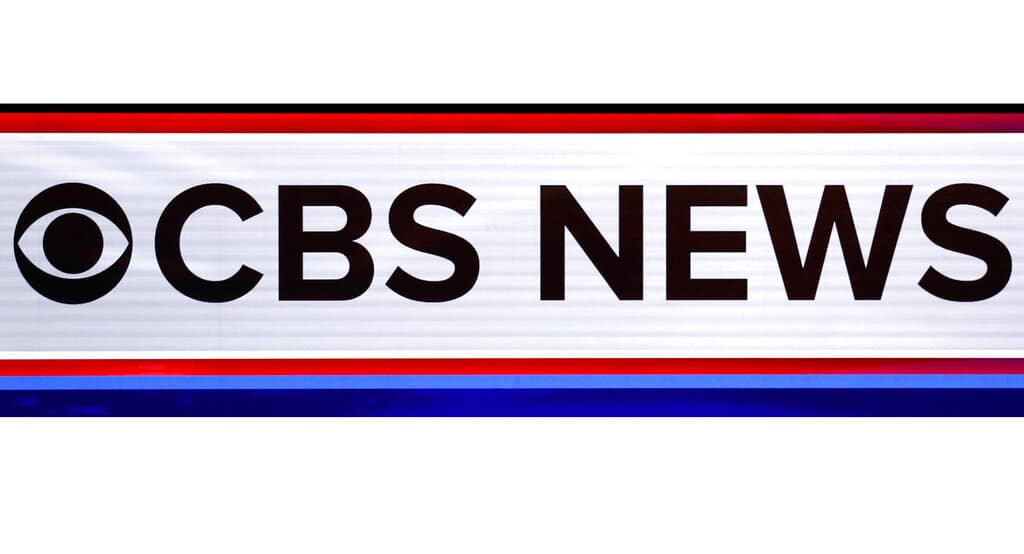Freedom of the press protects the news media from punishment when it has done nothing wrong. Paramount Global just said, “No, thanks.”
Paramount has agreed to contribute $16 million to President Donald Trump’s presidential library fund for its editing of a “60 Minutes” interview with then-Vice President Kamala Harris in the run-up to the 2024 election, though there is no evidence that the show, CBS News or parent company Paramount engaged in misconduct.
What you need to know:
‘60 Minutes’ engaged in standard journalistic practices
There’s an irony in then-candidate Trump’s refusal to sit for an interview with “60 Minutes” last fall. If he had, there would have been no lawsuit because his interview would have been handled the same way as Harris’. News organizations on all platforms have always edited interview responses for length and clarity. People can be verbose. Sometimes they lose their way or stammer. Most often there’s too much footage to fit into an allotted slot. “60 Minutes” edited the Harris interview applying professional standards.
The aspect of this journalistic situation that initially drew Trump’s attention was that another CBS News outlet, “Face the Nation,” used a different section of Harris’ lengthy response to the same question from what “60 Minutes” used.
The best example of how such editing can occur involves a press conference. If an official is asked, “How did this happen?” and responds with a five-minute answer, different reporters – print, digital and broadcast – will often select what they regard as the most meaningful portion of that answer. They’re not all likely to be the same. The CBS choice of two different quotes was the result of two editors’ drawing on the same footage for different shows.
CBS has released the full unedited version that shows no manipulation.
Trump contends he was harmed by the broadcast
Trump’s suit alleged that the editing of the show was done to make him look bad and help Harris win the election. There’s no evidence of that – it was not a softball interview of Harris – and of course, Trump won the election. Trump’s attorney said the editing caused his client “mental anguish.”
There was almost no chance of Trump’s actually winning the lawsuit
To win a libel suit, a public figure has to establish that the statements about him were false and the news outlet either knew they were false or recklessly disregarded the facts. Most important, the Supreme Court has established that political speech – the things we say about candidates – is absolutely the most protected kind of speech. Almost anything goes. Apparently recognizing the futility of a libel suit, Trump’s lawyers argued that the editing misled viewers and violated the Lanham Act and the Texas Deceptive Trade Practices Act. Legal scholars nationwide agreed that Trump’s suit was without merit.
Paramount Global had other reasons to settle this weak lawsuit
The company is seeking government approval of a merger with Skydance Media. Approval has been delayed, and on June 18, Trump said he supported the deal, but went on to talk about his lawsuit against Paramount, apparently linking the two. The Freedom of the Press Foundation, a journalism-advocacy group, says it will sue over the settlement.
“Corporations that own news outlets should not be in the business of settling baseless lawsuits that clearly violate the First Amendment and put other media outlets at risk,” said foundation Advocacy Director Seth Stern. “A settlement of Trump’s meritless lawsuit may well be a thinly veiled effort to launder bribes through the court system.”
The settlement undermines a free press
Since the Supreme Court’s ruling in New York Times v. Sullivan in 1964, setting modern standards for news-media defendants, successful lawsuits by public figures and officials against news media have been few. Those standards are designed to give journalists latitude in monitoring and reporting the conduct of public figures and officials.
That latitude will change dramatically, though, if public officials know there’s a potential payday for filing a flimsy lawsuit against a news company that has business before a government agency. Those companies will want to play it safe and not report on those officials in the first place, chilling the work of the newsroom.
Ken Paulson is director of the Free Speech Center at Middle Tennessee State University and a member of the American Society for News Excellence.

